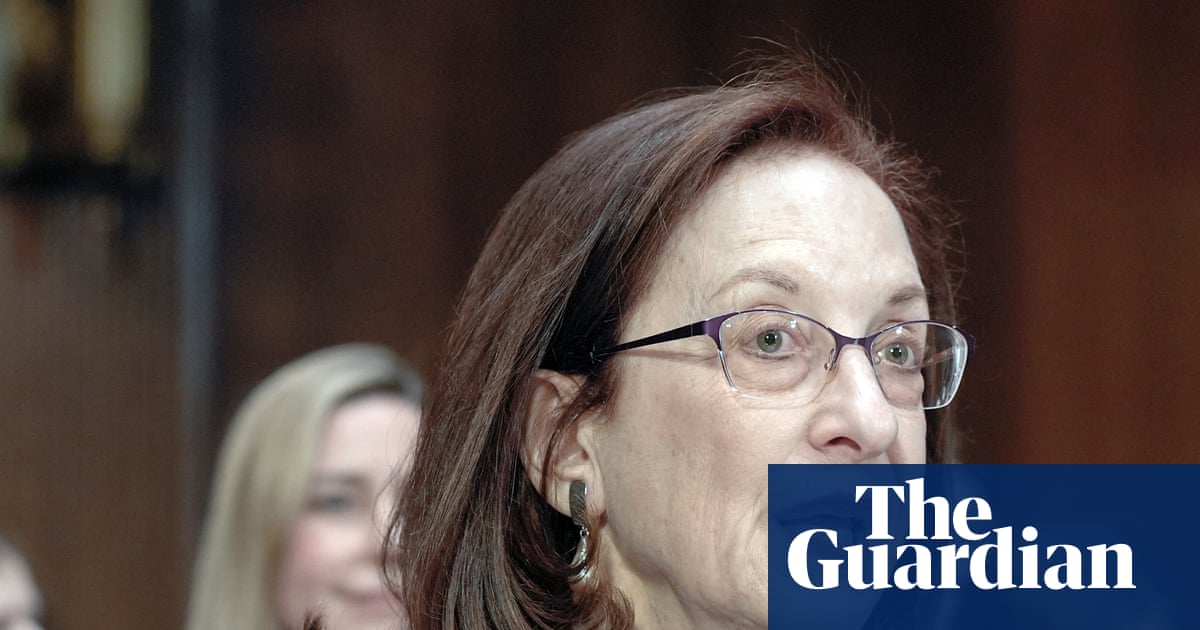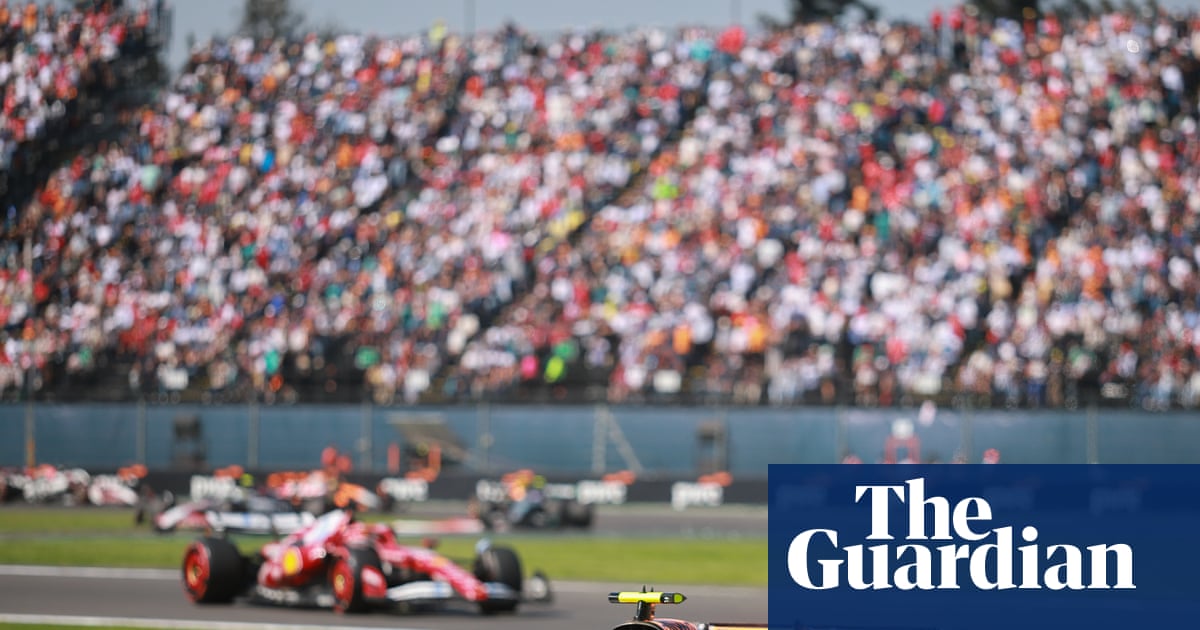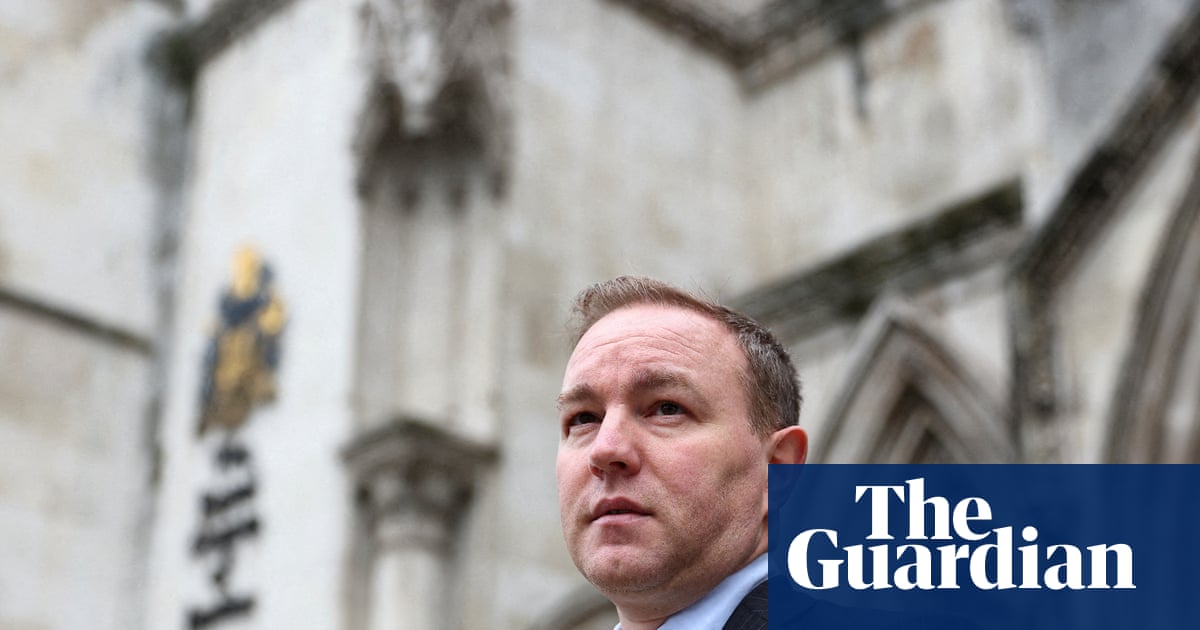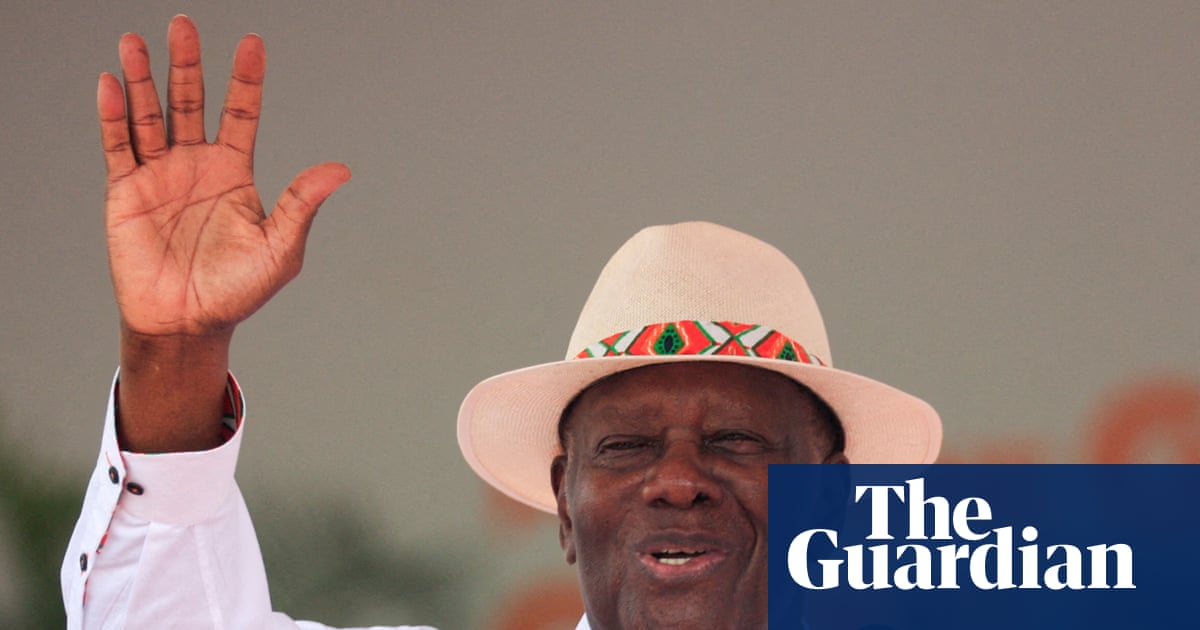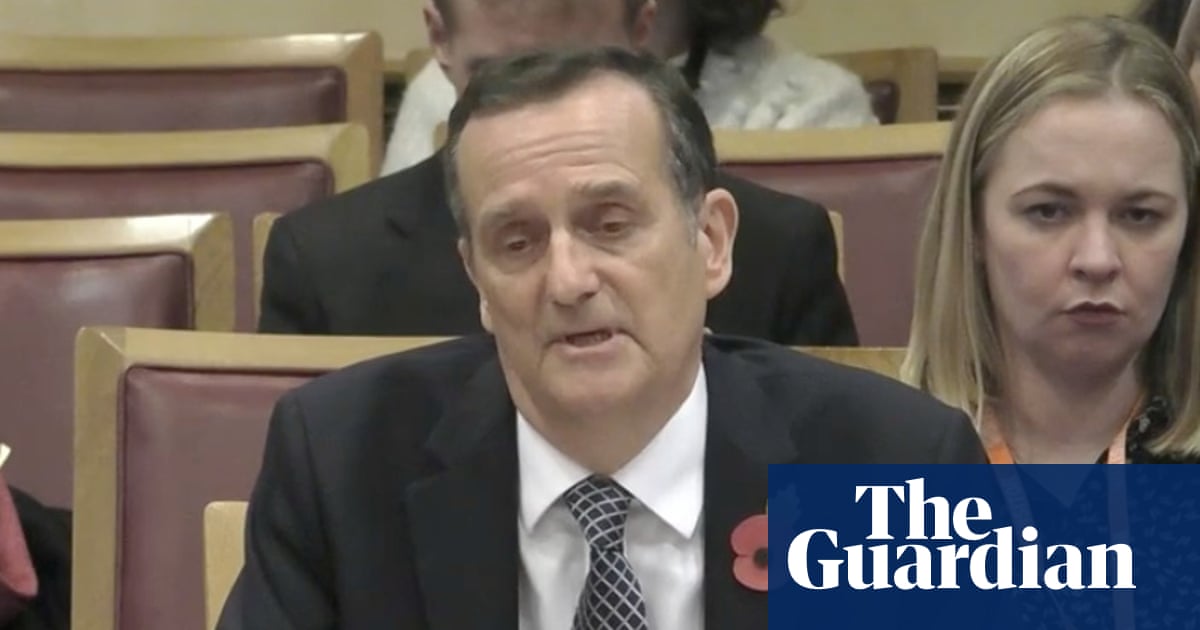After 125 years of practice, Labour ought to be good at saying why resources should be redistributed from the rich to everyone else. Its founding conference in 1900 passed a motion calling for “a distinct Labour group in Parliament”, to collaborate with any party “promoting legislation in the direct interests” of the working class. Creating a more egalitarian society and politics – which by definition means redistribution from the powerful – was Labour’s original purpose.
Britain was then, and remains, a highly unequal country: more unequal currently than neighbours such as Ireland, the Netherlands and France. This week the children’s commissioner, Rachel de Souza, said that some British children were living in “almost Dickensian levels of poverty”. But as any expensive but packed restaurant, pavement lined with new Range Rovers or row of smoothly renovated home exteriors will tell you, the rich have been enjoying a long boom in Britain, arguably ever since the Conservatives abolished the top 60% income tax rate 37 years ago.
Yet the current Labour government, like others before it, has struggled to devise and promote policies that substantially redistribute wealth. It has proposed or enacted welcome but modest redistributive reforms: removing the tax privileges of non-doms, imposing VAT on private schools, ending the inheritance tax exemption for farmers, removing the winter fuel allowance from wealthier pensioners and reducing the power imbalance between landlords and tenants. But amid the huge controversy these policies have caused – itself a sign of better-off citizens’ sense of entitlement – Labour has either made the argument for greater equality too quietly and tentatively, or not at all.
This near-silence is surprising in some ways. Populism has familiarised voters again with the idea that elites have too much and the majority too little. Especially in a slow-growing economy, with a government under acute financial strain, politics is often a zero-sum game, where different interests compete for resources. The always revealing British Social Attitudes survey shows that the number of people who believe that “government should redistribute income from the better off to those who are less well off” has risen slowly but steadily over the past 20 years: from under a third to almost half – not an overwhelming proportion, but twice as large as the one that currently supports Labour.
Yet instead of the assertiveness with which the privileged and their media allies defend the status quo, the government uses bland, nonconfrontational, supposedly unifying language, such as “country first, party second”, and “working people” – rather than the more politically loaded “working class”. Keir Starmer promises voters more “security”, but without saying that much of today’s insecurity is created by employers, and that situation will have to change. Similarly the chancellor, Rachel Reeves, insists that state spending and ordinary people’s living standards can be improved by better productivity and economic growth, but without saying that this transformation could also be achieved, or deepened, through a different distribution of income and wealth.
It’s unrealistic to expect centrist politicians to turn into class warriors. But the absence of redistributive arguments from the government’s rhetoric – when it is clearly doing redistributive things – is one of the main reasons this rhetoric seems unconvincing and the government inauthentic. Most voters know Labour is a party that takes from the more privileged to give to those with less – the clue is in the name – so when it pretends otherwise, it can come across as less than honest, and afraid of its enemies. Such evasiveness also means that the ground is not prepared for when redistributive measures, such as tax rises on the rich, can no longer be avoided, because the government needs the money. This autumn’s budget may turn out to be such a moment.
One explanation for Labour’s awkwardness about redistribution lies in the party’s most maligned period in office, the mid-1970s. Facing a deep financial crisis it had partly inherited from the Conservatives – a depressingly familiar scenario – Harold Wilson’s government imposed a combined income and investment tax rate of 98% on the highest earners. Although tax rates were almost as high under postwar Tory governments, it is Wilson’s that remain infamous.
Less remembered is the fact that, thanks partly to his tax rises, Britons were more financially equal in the mid-1970s than they had ever been before, and ever have been since. Yet Labour seemingly received no electoral benefit: at the next general election, in 1979, it was comfortably defeated by Margaret Thatcher’s anti-egalitarian Conservatives.
When Labour returned to office 18 years later, its redistributive policies came heavily disguised. A minimum wage and tax credits for low-paid families were presented as ways to boost the economy and spread the work ethic, rather than also as ways for the wealthy to help the less privileged. Meanwhile, Britain’s economic elites received lavish government praise. “We are intensely relaxed about people getting filthy rich,” said the key New Labour figure Peter Mandelson in 1998, “as long as they pay their taxes.”
This redistribution by stealth worked well as long as the economy and tax revenues grew healthily, which they did for New Labour’s first 10 years in power. Meanwhile, difficult distributive issues that the party preferred not to think about – the sharply diverging incomes and wealth of Britons, how this polarisation was deepening social divisions, and how these divisions could not be lessened without confronting elites – were largely avoided.
Starmer is governing in much tougher times, just as Gordon Brown did, after New Labour’s economic luck finally ran out in the 2008 financial crisis. Brown’s government raised the top income tax rate from 40% to 50%. The media response was almost universally hostile, but in the weeks afterwards Labour’s position stabilised in the polls, a possible early sign of the 21st century’s pro-redistribution shift.
This week, speculation that the government will introduce a wealth tax has prompted both strong denials and more ambiguous signals from Downing Street. Some in Labour favour one; others believe that openly egalitarian policies are never wise in what they see as a naturally deferential, hierarchical country.
But with the government’s shifty approach to redistribution enraging the right without satisfying the left, and leaving less ideological voters believing that the government is just directionless, Labour is in the worst of all worlds. One way out may be to eat the rich, metaphorically speaking, before the rich eat it.
-
Andy Beckett is a Guardian columnist

 3 months ago
51
3 months ago
51









